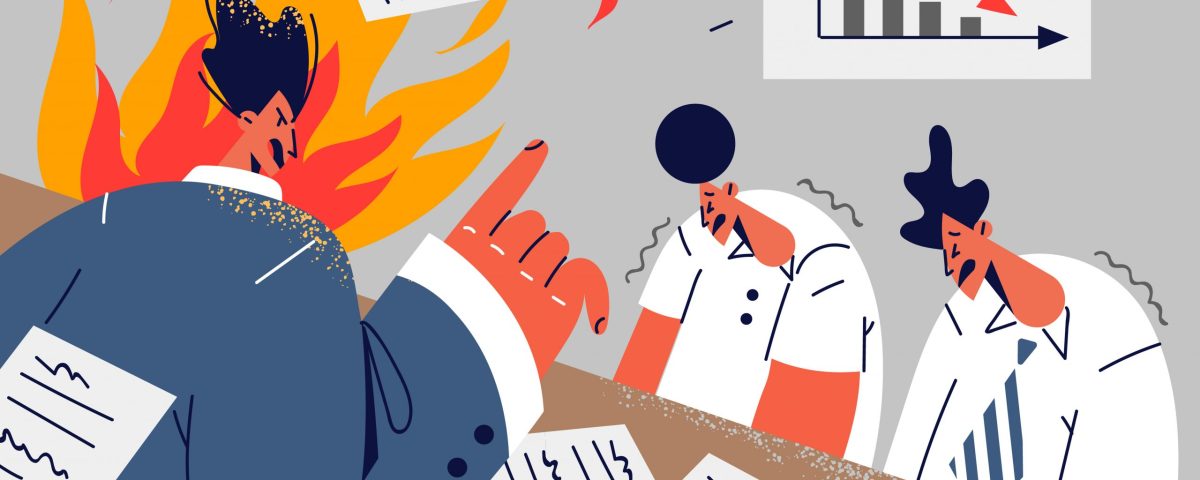- Have any questions?
- 888-432-8878
- steve@sebackground.com
The media industry has been hit hard by layoffs in recent months, with major companies like Buzzfeed, Verizon Media, and Condé Nast all announcing significant job cuts. These layoffs have sparked concern and outrage among media workers and industry experts, who are worried about the impact on the industry and its employees.
But what is driving these job losses and what are the consequences for media workers and consumers? In this article, we explore the causes and consequences of the recent media industry layoffs.

Recent layoffs in the media industry spark concern and outrage.
The Challenges Facing the Media Industry
The media industry has always been a volatile and competitive field, but the past few years have seen an unprecedented number of challenges. From the rise of social media and streaming platforms to the economic impact of the pandemic, the media industry has had to adapt and evolve to stay afloat.
One major challenge facing the media industry is the decline in advertising revenues. As more and more people turn to streaming platforms and social media for their entertainment and news, traditional media outlets are struggling to attract advertisers. This has led to a decline in revenues, which has in turn led to job cuts and other cost-saving measures.
Another challenge is the rise of fake news and misinformation, which has led to a decline in trust in the media. Many media companies have seen their readership and viewership numbers drop as people turn to more trusted sources of information. This has also had an impact on advertising revenues, as companies are less likely to advertise with outlets that have low levels of trust.
The Impact of Layoffs on Media Workers and Consumers
The recent media industry layoffs have had a major impact on media workers, who have lost their jobs and are facing an uncertain future. Many of these workers are highly skilled and experienced, and finding new jobs in the industry may be difficult.
The layoffs have also had an impact on the quality and diversity of media content. With fewer resources and staff, media companies may struggle to produce the same level of high-quality content as before. This could lead to a decline in the variety and diversity of voices and perspectives represented in the media, which is a concern for many industry experts and advocates.
For consumers, the impact of the layoffs may be less visible, but it could still have a significant impact on the media they consume. With fewer resources and staff, media companies may be forced to cut corners and produce lower quality content, or to focus on more profitable areas at the expense of other topics. This could lead to a decline in the overall quality and diversity of the media that is available to consumers.
What Can Be Done to Address the Challenges Facing the Media Industry?
Given the challenges facing the media industry, what can be done to address the issues and prevent further layoffs? Here are a few ideas:
Diversify revenue streams: Many media companies are trying to diversify their revenue streams by offering subscriptions, merchandise, and other products and services. This can help to reduce reliance on advertising revenues and provide a more stable source of income.
Invest in quality journalism: Media companies should prioritize investing in quality journalism, even if it means cutting back on other areas. Quality journalism is vital for informing and engaging the public, and it is worth.
The post Media Industry Layoffs on the Rise: Experts Weigh In on the Causes and Consequences appeared first on The HR Digest.
Source: New feed





